OpenAI has filed a countersuit against Elon Musk, claiming that his actions have been a persistent pattern of harassment and that he should be stopped from taking further unlawful and disruptive actions against the company.
The lawsuit comes as part of a larger ongoing legal battle concerning the future direction of OpenAI, the artificial intelligence company that Musk co-founded in 2015.
Musk and OpenAI CEO Sam Altman initially collaborated to establish OpenAI, but Musk departed from the organization in 2018, before the company became a major player in the AI space. Since then, Musk has launched his own AI venture, xAI, and has repeatedly clashed with OpenAI, particularly over its shift toward a for-profit model. Musk’s efforts to prevent this transition have escalated into the current legal conflict, with OpenAI seeking to complete the transition by the end of the year in order to secure a $40 billion fundraising round.
In its countersuit, OpenAI accuses Musk of utilizing various tactics to undermine the company, including public attacks on social media, press campaigns targeting OpenAI, frivolous legal claims, and a “sham” bid to take over OpenAI’s assets. The company claims that Musk’s actions are part of a broader attempt to harm OpenAI and slow its progress in the rapidly developing AI sector.
“Through press attacks, malicious campaigns broadcast to Musk’s more than 200 million followers on the social media platform he controls, a pretextual demand for corporate records, harassing legal claims and a sham bid for OpenAI’s assets, Musk has tried every tool available to harm OpenAI,” the company stated in its filing.
OpenAI has asked the court to impose an injunction preventing Musk from further actions and to hold him accountable for the damage already caused. The case is scheduled for a jury trial in the spring of 2026.
In response, Musk’s legal team highlighted a $97.4 billion unsolicited takeover bid made earlier this year by a Musk-led consortium, which OpenAI rejected. Musk’s lawyer, Marc Toberoff, argued that the company failed to give proper consideration to the bid.
“Had OpenAI’s board genuinely considered the bid as they were obligated to do, they would have seen how serious it was,” Toberoff said in a statement.
Musk’s relationship with OpenAI has been marked by public disagreements, particularly over the company’s collaboration with Microsoft. Musk has accused OpenAI of deviating from its original nonprofit mission and becoming too closely aligned with corporate interests. He has also criticized the leadership of Sam Altman, who has defended OpenAI’s shift towards a for-profit model, arguing that it is necessary for the company to secure the capital required to compete in the AI race.
As Musk continues to build his own AI business, xAI, he has increasingly targeted OpenAI, which remains a leading force in AI development, particularly through its popular ChatGPT model. OpenAI has pointed out that Musk’s ongoing attacks seem driven by a desire to diminish the success of a company he helped to create but later left behind. OpenAI alleges that Musk’s ultimate goal is to seize control of the leading AI innovations for his personal benefit.
The legal dispute has added further complexity to the already competitive and high-stakes landscape of AI development, with Musk and OpenAI both jockeying for influence in an industry that is rapidly transforming the global economy. OpenAI has continued to grow its user base, with its ChatGPT assistant reportedly reaching 500 million users per week, while also projecting nearly $13 billion in revenue by 2025.
As the lawsuit progresses, OpenAI has called for Musk to cease his public attacks and disruptive efforts, insisting that such actions are merely a means to further his own agenda and to harm the progress of the company.
With input from CNBC, CNN, and Business Insider.
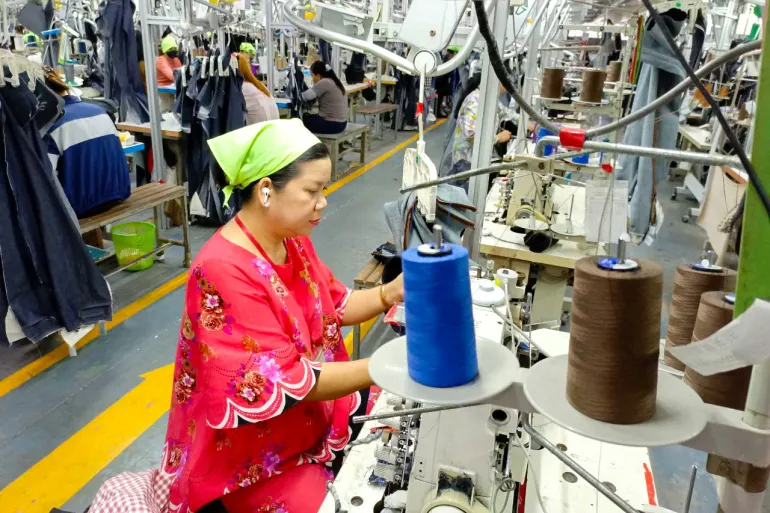

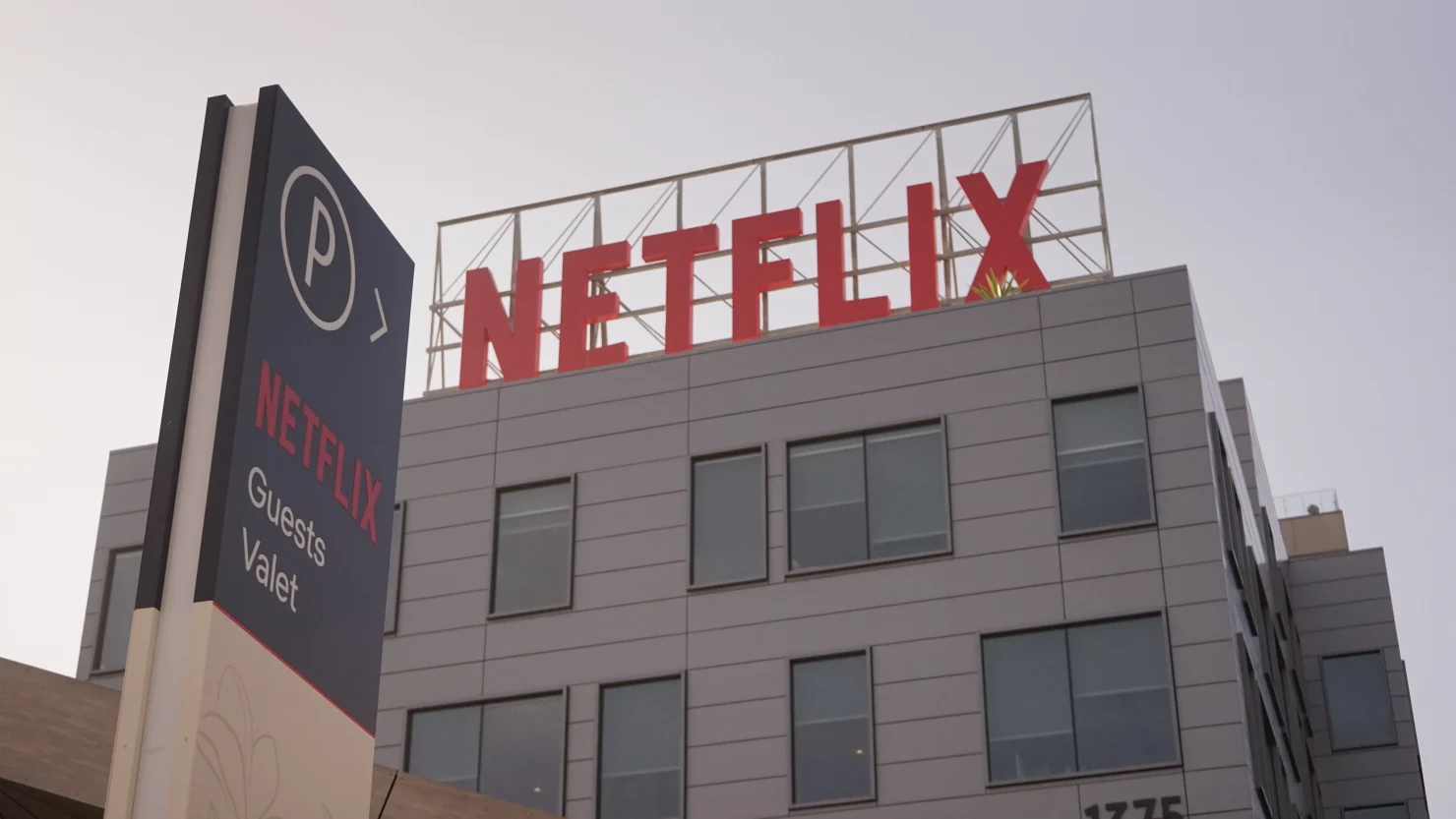
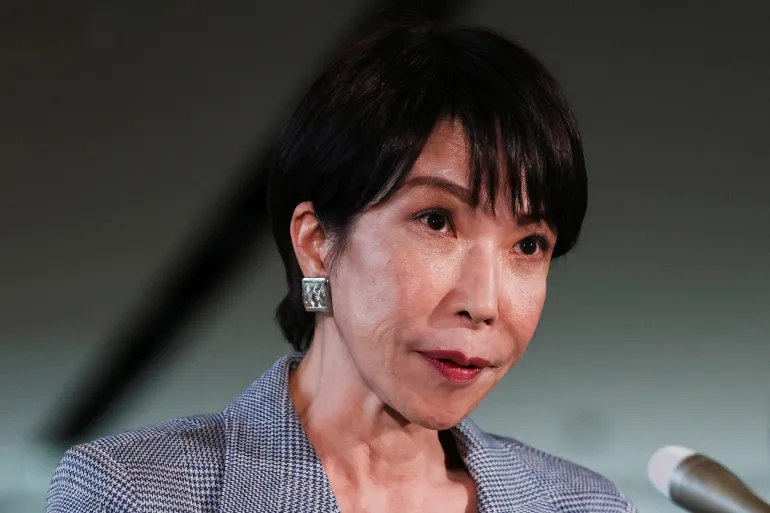
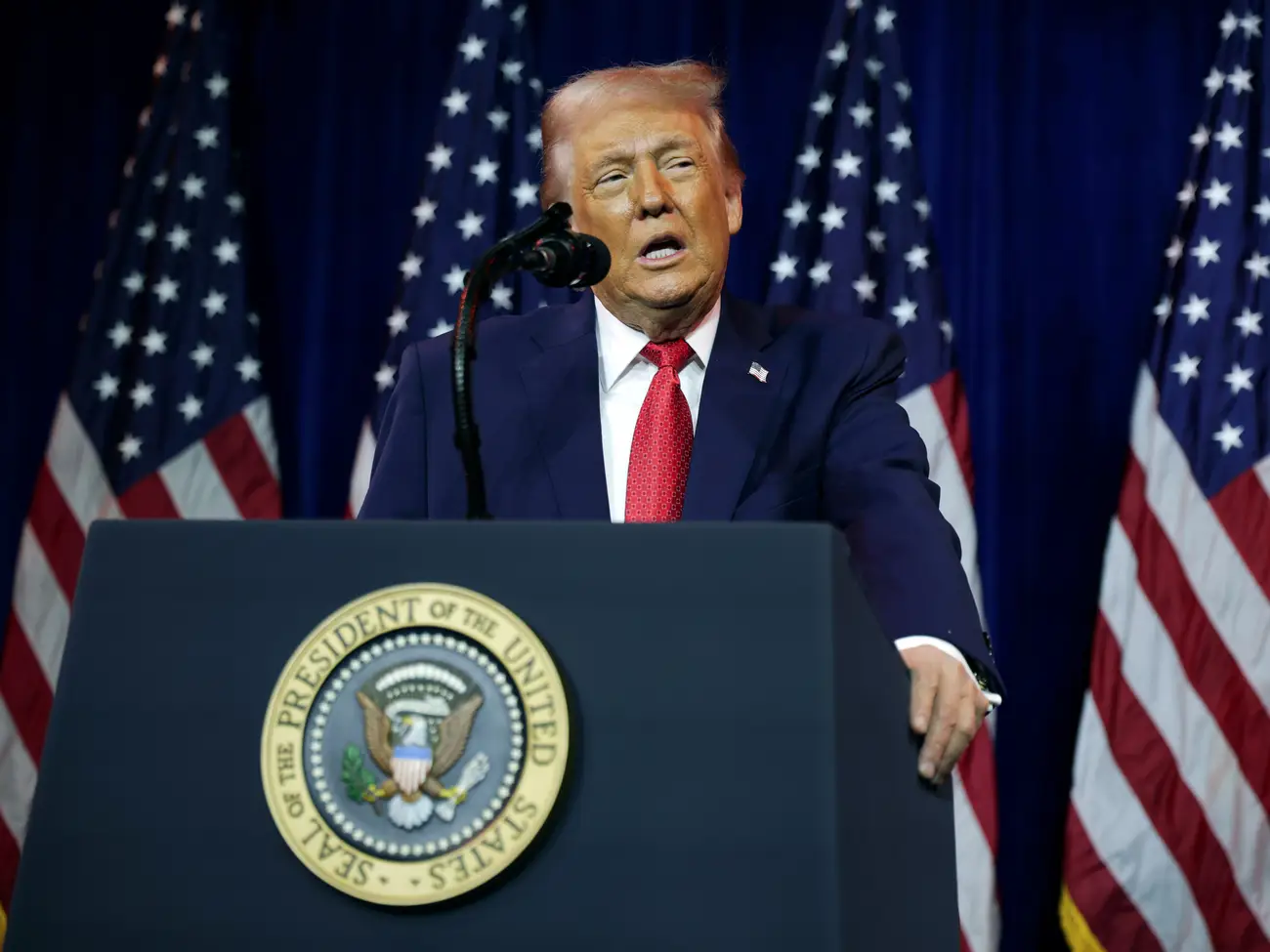
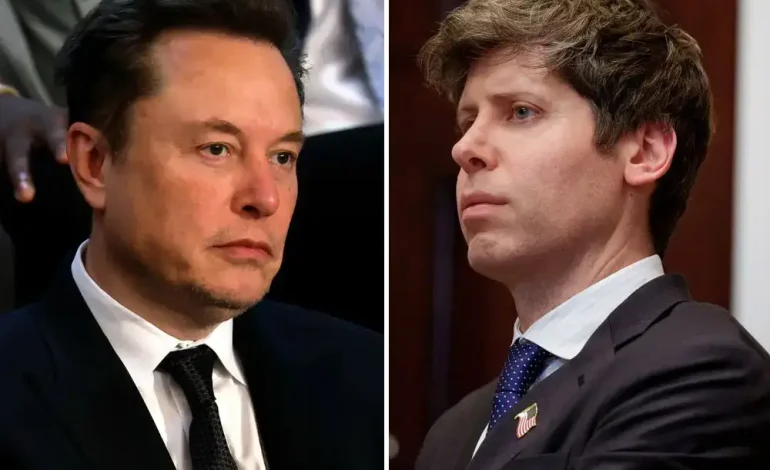




The latest news in your social feeds
Subscribe to our social media platforms to stay tuned